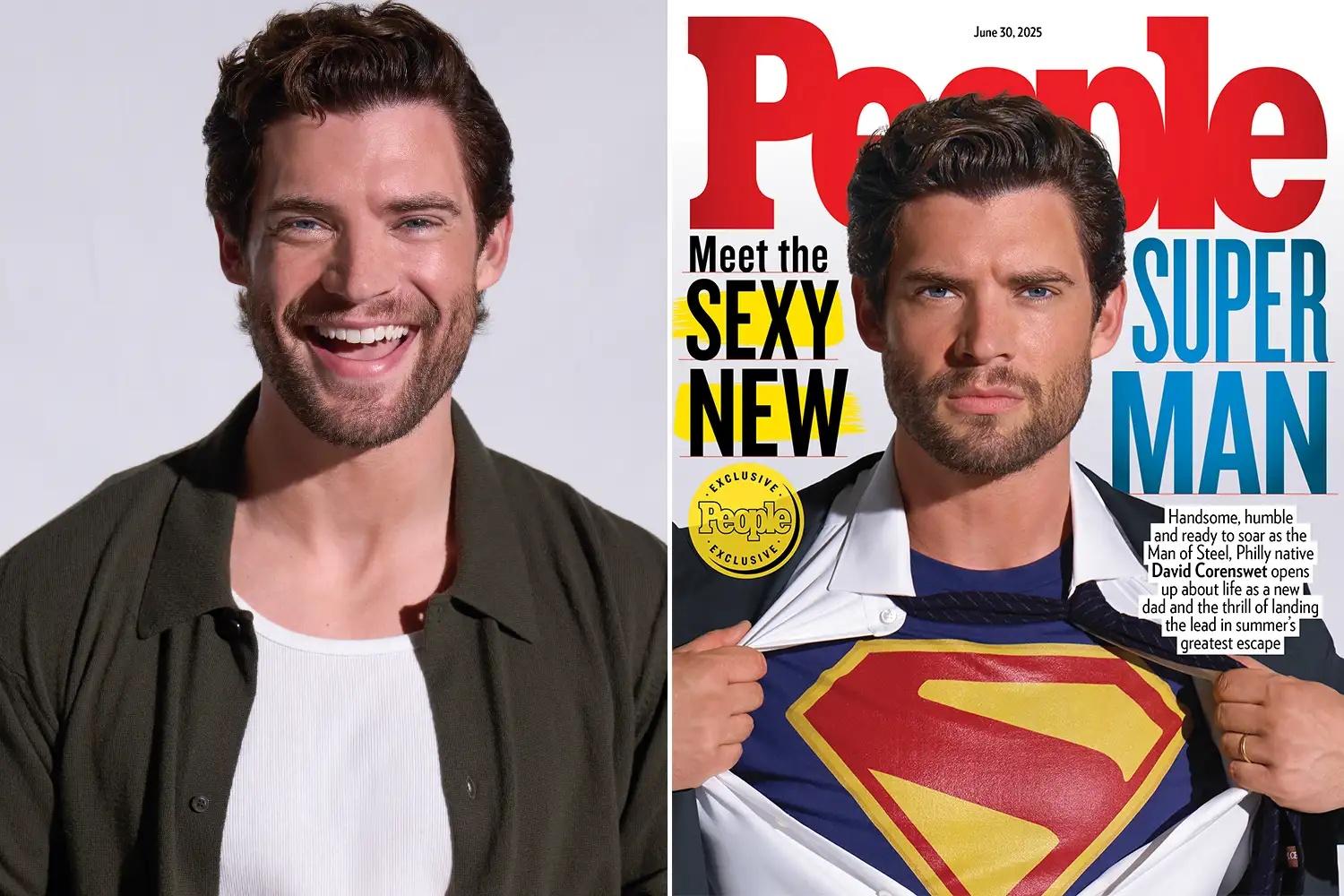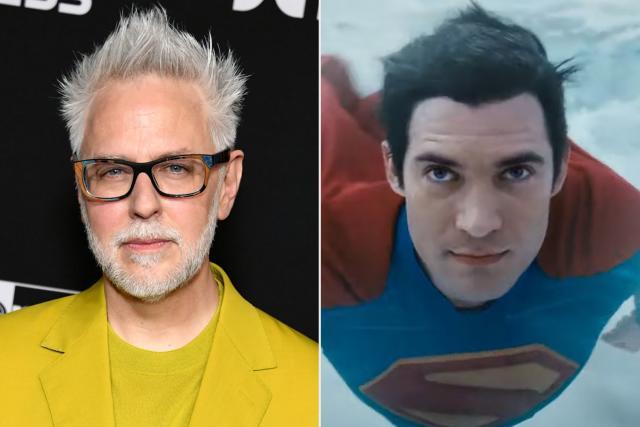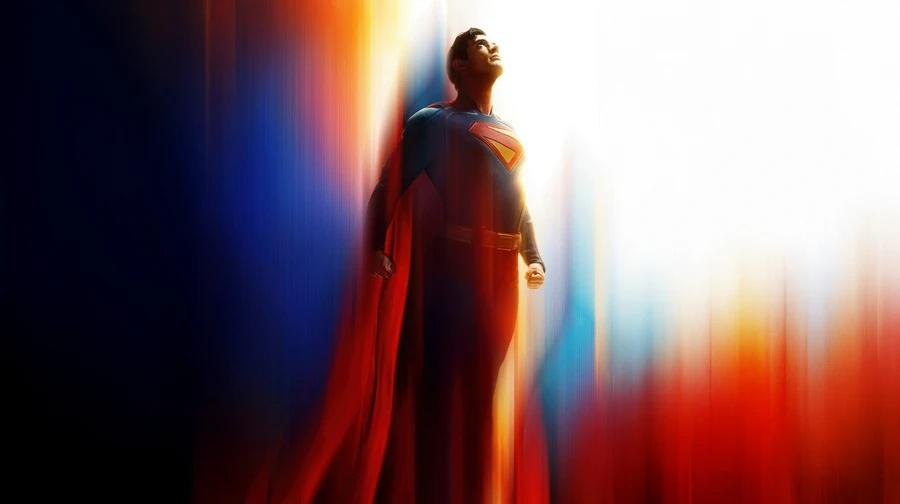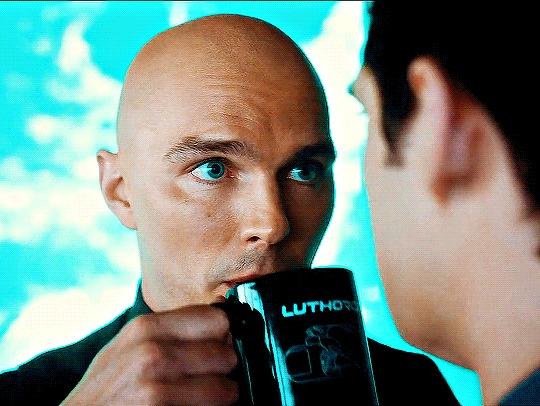Why Superman’s Global Box Office Fell Short: Unpacking James Gunn’s Claims and Cultural Missteps
The release of James Gunn’s Superman in July 2025 was heralded as the dawn of a new era for DC Studios, a bold reboot meant to anchor a revitalized cinematic universe. Domestically, the film soared, raking in an impressive $235 million after two weekends, cementing its status as a summer blockbuster. Yet, its international performance tells a different story, limping to $171 million globally, a figure that has sparked heated debate about what went wrong. James Gunn, the film’s writer and director, has pointed to “anti-American sentiment” as a key culprit, while Warner Bros. argues the film’s American-centric identity hindered its global appeal. But are these explanations convincing, or do they mask deeper issues with the film’s approach? Let’s dive into the numbers, the narrative choices, and the cultural currents shaping Superman’s mixed fortunes.

A Domestic Triumph, An International Stumble
Superman opened to a robust $125 million in North America, securing the seventh-largest DC opening weekend ever. By its second weekend, it had crossed $200 million domestically, outpacing films like Black Adam and Shazam! in just ten days. Critics and audiences embraced it, with an 83% Rotten Tomatoes score and a 93% audience rating on the Popcornmeter, signaling strong word-of-mouth. The film’s lighter tone and optimistic spirit, a departure from the brooding Man of Steel (2013), resonated with American viewers craving a hopeful hero in turbulent times.

Internationally, however, the picture is less rosy. The film grossed just $95 million across 78 markets in its opening weekend, falling short of the $100 million-plus projections by industry trackers like Deadline and Variety. By its second weekend, the international haul reached $171 million, with a particularly weak showing in China, where it earned a mere $8.2 million after eight days—a staggering 95.9% drop from its opening day. Even in strong DC markets like Brazil ($5.9 million) and the UK, the film’s performance, while solid, didn’t match domestic enthusiasm. With a production budget of $225 million and marketing costs estimated at $200 million, Superman needs to approach $800 million globally to turn a profit—a target it’s on track to miss, with projections suggesting a final global tally of $500-600 million.
James Gunn’s “Anti-American Sentiment” Theory
In a candid interview with Rolling Stone, James Gunn offered a theory for the film’s international struggles: “Superman is not a known commodity in some places. He is not a big, known superhero in some places like Batman is. That affects things. And it also affects things that we have a certain amount of anti-American sentiment around the world right now. It isn’t really helping us.” This claim has sparked both intrigue and skepticism. Gunn suggests that global perceptions of the U.S., possibly influenced by policies like Trump’s tariff wars or high-profile deportations, have dampened enthusiasm for a quintessentially American icon. He remains optimistic, noting that positive word-of-mouth in markets like Brazil and the UK could help the film “grow” over time.

But does Gunn’s explanation hold up? Historical data paints a different picture. Previous Superman films, like Richard Donner’s Superman: The Movie (1978) and Zack Snyder’s Man of Steel (2013), consistently earned more internationally than domestically. Man of Steel, for instance, grossed $402.6 million domestically (adjusted for inflation) but pulled in a hefty $668 million worldwide, with international markets outpacing U.S. ticket sales. Even Black Adam (2022), considered a disappointment, outperformed Gunn’s Superman overseas without a China release. Meanwhile, unabashedly patriotic films like Top Gun: Maverick (2022) grossed over $770 million internationally, suggesting that “pro-American” messaging isn’t inherently toxic to global audiences.
Warner Bros.’ American-Centric Argument
Warner Bros. has echoed Gunn’s sentiment, arguing that Superman’s deeply American identity makes it a tough sell abroad. The studio points to the character’s association with “truth, justice, and the American way” as a potential barrier in markets where Superman lacks the cultural cachet of, say, Batman. Yet, this argument falters under scrutiny. Superman’s global appeal has historically transcended his American roots, with past films leveraging his universal themes of heroism and sacrifice to connect with audiences worldwide. The 1978 Superman film, for example, grossed more overseas than in the U.S., despite its red-white-and-blue imagery.
Interestingly, Gunn’s Superman deliberately downplayed these traditional American elements. The iconic phrase “the American way” was notably absent, replaced by a focus on universal “human kindness.” The film’s marketing leaned into Superman as a global everyman, not a star-spangled symbol. This shift, intended to broaden appeal, may have backfired. By stripping away the character’s cultural specificity, the film risked alienating audiences who expect Superman to embody a distinct identity, whether American or otherwise. The result? A narrative that felt too generic to leave a lasting impression.
The China Conundrum and Beyond

China’s declining market has been cited as a factor in Superman’s international woes. The film’s $8.2 million cume in China reflects a broader trend of superhero fatigue in the region, where local films and family-friendly animations like Lilo & Stitch ($146 million opening) have dominated. Yet, China’s struggles don’t fully explain the film’s global shortfall. Markets like Korea, Germany, and France also underperformed, with Superman often landing in second place behind holdovers like Jurassic World Rebirth. Analysts point to genre fatigue, fierce competition, and a mid-summer release slot as contributing factors, but these alone don’t account for the gap between domestic and international success.
A Deeper Issue: Narrative and Cultural Missteps
Beyond external factors, some argue the film’s content is the real kryptonite. Video analyses and audience reactions suggest Superman’s story feels “simple and shallow,” failing to forge a deep emotional connection with international viewers. Gunn’s emphasis on kindness as the film’s core theme, while admirable, may lack the complexity needed to resonate across cultures. The narrative’s lighter tone, while a hit domestically, might not have carried the same weight in markets accustomed to grittier or more nuanced superhero tales.

Moreover, Gunn’s pre-release comments calling Superman an “immigrant” and “the story of America” stirred controversy, with conservative outlets like Fox News branding the film “SuperWoke.” While these remarks didn’t significantly dent domestic numbers, they may have fueled skepticism in international markets sensitive to perceived political overtones. The film’s subplot involving Lex Luthor’s war profiteering in the fictional nation of Boravia drew praise from some, like Twitch streamer Hasan Piker, who saw it as a critique of global conflicts. However, the script’s timing—written before the escalation of certain real-world tensions—may have inadvertently alienated viewers who found the parallels heavy-handed.
Looking Ahead: Lessons for DC’s Future
Gunn’s claim that Superman is “just the seed of the tree” for DC’s new universe is optimistic, but the film’s international struggles raise questions about the franchise’s global strategy. If Superman, one of the world’s most iconic heroes, can’t consistently draw crowds abroad, what does this mean for upcoming DC films like Supergirl or The Brave and the Bold? The studio’s reliance on domestic performance could prove unsustainable, especially with budgets ballooning past $400 million when marketing is factored in.
Rather than leaning on “anti-American sentiment” as a catch-all excuse, Gunn and Warner Bros. might benefit from a harder look at the film’s creative choices. A more culturally resonant narrative, coupled with marketing that balances Superman’s universal appeal with his unique identity, could better position future DC projects for global success. For now, Superman remains a domestic triumph with an international asterisk, a reminder that even the Man of Steel isn’t immune to the complexities of a globalized world.
As the film continues its theatrical run, its ability to sustain positive word-of-mouth will be crucial. Whether it can overcome its early stumbles and soar to new heights remains to be seen, but one thing is clear: Superman’s greatest challenge isn’t kryptonite—it’s capturing the hearts of a world that’s harder to please than ever.





